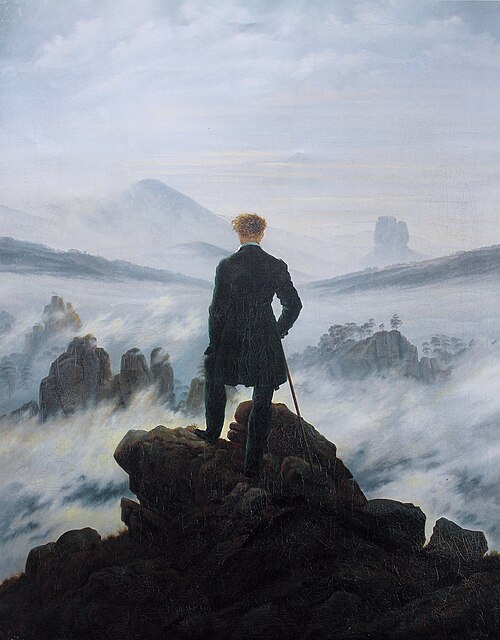Neoclassicismnoun
Any of several movements in the arts, architecture, literature and music that revived forms from earlier centuries.
Neoclassicismnoun
a revival of the classical Greek and Roman style in art or literature.
Neoclassicismnoun
revival of a classical style (in art or literature or architecture or music) but from a new perspective or with a new motivation
Neoclassicism
Neoclassicism (also spelled Neo-classicism; from Greek νέος nèos, and Greek κλασικός klasikόs, ) was a Western cultural movement in the decorative and visual arts, literature, theatre, music, and architecture that drew inspiration from the art and culture of classical antiquity. Neoclassicism was born in Rome largely thanks to the writings of Johann Joachim Winckelmann, at the time of the rediscovery of Pompeii and Herculaneum, but its popularity spread all over Europe as a generation of European art students finished their Grand Tour and returned from Italy to their home countries with newly rediscovered Greco-Roman ideals.
Romanticismnoun
A romantic quality, spirit or action.
Romanticismnoun
A fondness for romantic characteristics or peculiarities; specifically, in modern literature, an aiming at romantic effects; - applied to the productions of a school of writers who sought to revive certain medi val forms and methods in opposition to the so-called classical style.
Romanticismnoun
impractical romantic ideals and attitudes
Romanticismnoun
a movement in literature and art during the late 18th and early 19th centuries that celebrated nature rather than civilization;
Romanticismnoun
an exciting and mysterious quality (as of a heroic time or adventure)
Romanticism
Romanticism (also known as the Romantic era) was an artistic, literary, musical, and intellectual movement that originated in Europe towards the end of the 18th century, and in most areas was at its peak in the approximate period from 1800 to 1850. Romanticism was characterized by its emphasis on emotion and individualism as well as glorification of all the past and nature, preferring the medieval rather than the classical.






